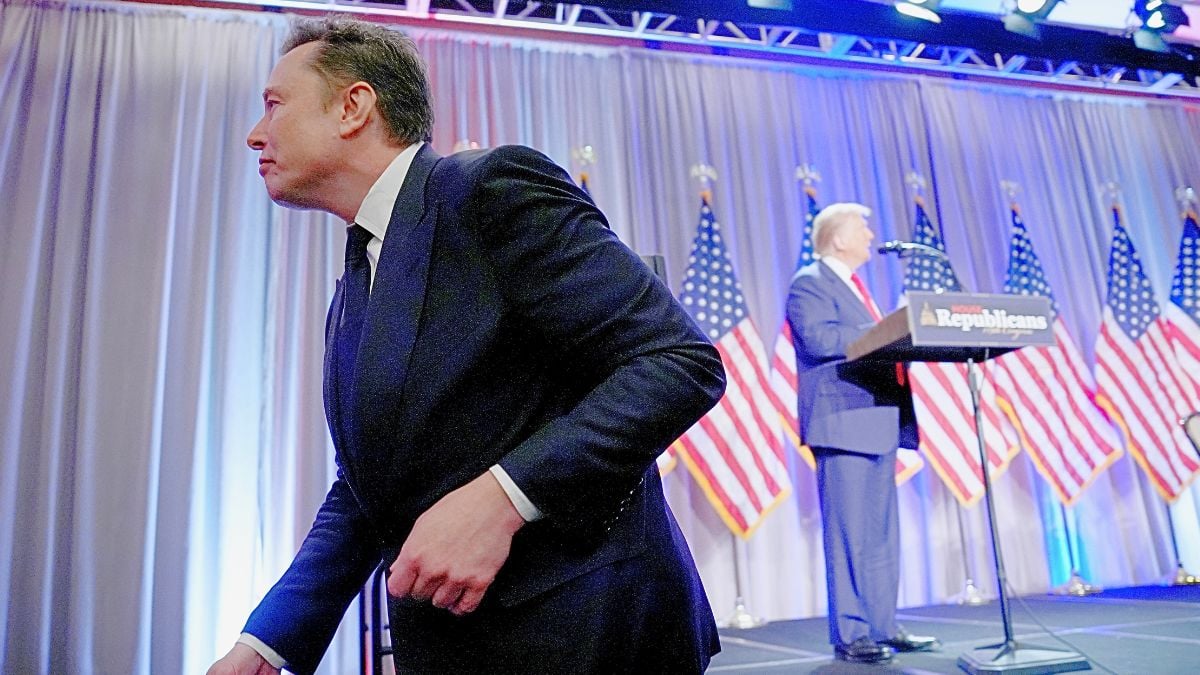The Guardian is the latest in a growing list of organizations making an “ex” out of X.
The British daily newspaper announced Wednesday that it would no longer be using the Elon Musk-run social platform to promote its work. In a scathing statement, The Guardian called X “toxic,” and accused the 53-year-old billionaire of using it to “shape political discourse.”
The outlet stressed the response on the platform to the recent United States presidential elections as the final nail in the proverbial coffin and the ultimate confirmation that X has gone to the dogs (meaning alt-right racists and conspiracy theorists).
Social media can be an important tool for news organizations and help us to reach new audiences but, at this point, X now plays a diminished role in promoting our work. Our journalism is available and open to all on our website and we would prefer people to come to theguardian.com and support our work there.”
The Guardian was followed by approximately 27 million people across more than 80 accounts.
Media organizations have been leaving X for a while now
Last year, both NPR and CBS exited the platform after it labeled them “state-affiliated media,” implying they’re not editorially independent and bunking them with propaganda outlets in countries like near-autocratic Russia. CBS clarified that it is primarily funded by readers and philanthropy, while NPR accused the new X label of undermining its credibility.
A report published in September also revealed that 26 percent of marketers are planning to reduce spending on X in the next year, thanks to fears that their ads will be featured alongside the platform’s more nefarious, extreme content, per CNN. Major brands have paused their spending on X advertising on several occasions since Musk took over the network in 2022.
It’s not just media organizations or brands participating in this mass X-odus, either. In August, the nation of Brazil temporarily banned X for failing to appoint a country-specific legal representative in President Lula da Silva’s widespread effort to combat online misinformation in the country. There are fewer and fewer celebrities using the platform now, too.
Once a self-described champion of “political neutrality,” Elon Musk will now be part of the Trump administration
When Musk bought Twitter in 2022, his mission statement was to make the platform “politically neutral” in order to earn the public’s trust, which meant “upsetting the far right and the far left equally.” What isn’t very politically neutral of him is becoming president-elect Donald Trump’s best friend, campaign sponsor, and now, the freshly appointed co-leader of the Trump administration’s new Department of Government Efficiency alongside former Republican presidential candidate Vivek Ramaswamy. The two men were entrusted by Trump with the task of dismantling bureaucracy and reducing excess regulations and expenditures.
We struggle to find clearer evidence that what most of these so-called “free speech absolutists” want isn’t a fair playing ground that grants the right and the left equal fighting power, but rather to revert the fairness that marginalized peoples struggled for years to obtain back to the system that favored elites and historically privileged sociodemographic groups.
With X continuing to loosen its content monitoring and employ an algorithm that reportedly promotes conspiracy theories and alt-right talking points, it’s more than understandable why any entity concerned with ethics and morals in any way, shape, or form would want to steer clear of the platform.
